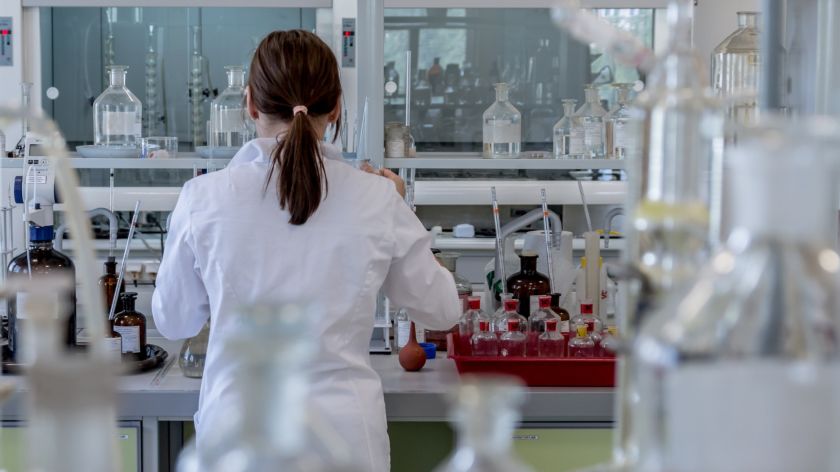Nijmegen receives record number of Vici grants
-
 Foto: Pixabay/Jarmoluk
Foto: Pixabay/Jarmoluk
A record number of seven Nijmegen scientists have been awarded a prestigious Vici grant. This was announced today by the Dutch Research Council (NWO). Research topics of these scientists, three of whom work at the Radboud university medical center, include the development of a new type of artificial bone and curiosity in infants.
The Vici grants have a value of €1.5 million and are part of the NWO Talent Programme that comprises the Veni, Vidi and Vici grants. These popular grants are awarded to highly experienced top researchers who obtained their PhD degree no longer than fifteen years ago. In many cases, the laureates already have the title of professor, or obtain it upon receipt of the grant. The researchers can use the money to set up an innovative research line.
As many as three natural sciences researchers were awarded a Vici grant. Chemist Anouk Rijs will study the coagulation process of protein, which possibly plays a role in diseases such as Alzheimer’s. Spectroscopy professors Bas van de Meerakker and Jana Roithová will use their awarded funding to research molecular properties.
Nano-Lego
The Radboud university medical center also celebrates three Vici winners. Sander Leeuwenburgh, full professor of Regenerative Biomaterials, will focus on developing tissue-friendly artificial bone that allows for accelerated regeneration of bones. He explains that the so-called biomaterials that physicians currently use, for example to replace bone lost to cancer or infections, do not function optimally. ‘It takes a long time for bone cells to grow inside the material and eventually replace it.’
The porosity of Leeuwenburgh’s new artificial bone ensures a speedier process. In addition, the biomaterial consists of many separate nanoparticles – ‘think of them as nano-Lego bricks’ – which are easier to penetrate for the cells.
These nanoparticles also allow for more targeted administration of medication. Antibiotics, for example, can ‘tag along’ with the particles. ‘At present, bacteria often hide inside the immune cells in the bone. They are difficult to reach for medication that is administered through the blood. But our nanoparticles get there, because they are absorbed by the immune cells. As this method is more targeted, it has the benefit that less medication is required.’
Curiosity
The two other grants gained by the university medical center go to neuroscientists Annette Schenck and Christian Beckmann. Both of them work at the Donders Institute, as does the seventh Vici recipient, Sabine Hunnius. The latter wants to investigate the reasons behind the curiosity and inquisitiveness of infants. ‘It is a fundamental aspect of our development that is as yet poorly understood by psychologists’, explains the full professor of Developmental Cognitive Neuroscience. ‘We suspect that learning new things is rewarding for the brain and triggers a good feeling. You can compare it to being in a flow.’
The Baby & Child Research Center director is particularly interested in individual differences between babies. ‘Why does one child experiment more than the other? Perhaps their intrinsic motivational system is less sensitive.’ She has planned a multi-year study in the hope of uncovering whether such differences affect cognitive development in later years, and whether it is possible to intervene, for example by offering more external rewards.



